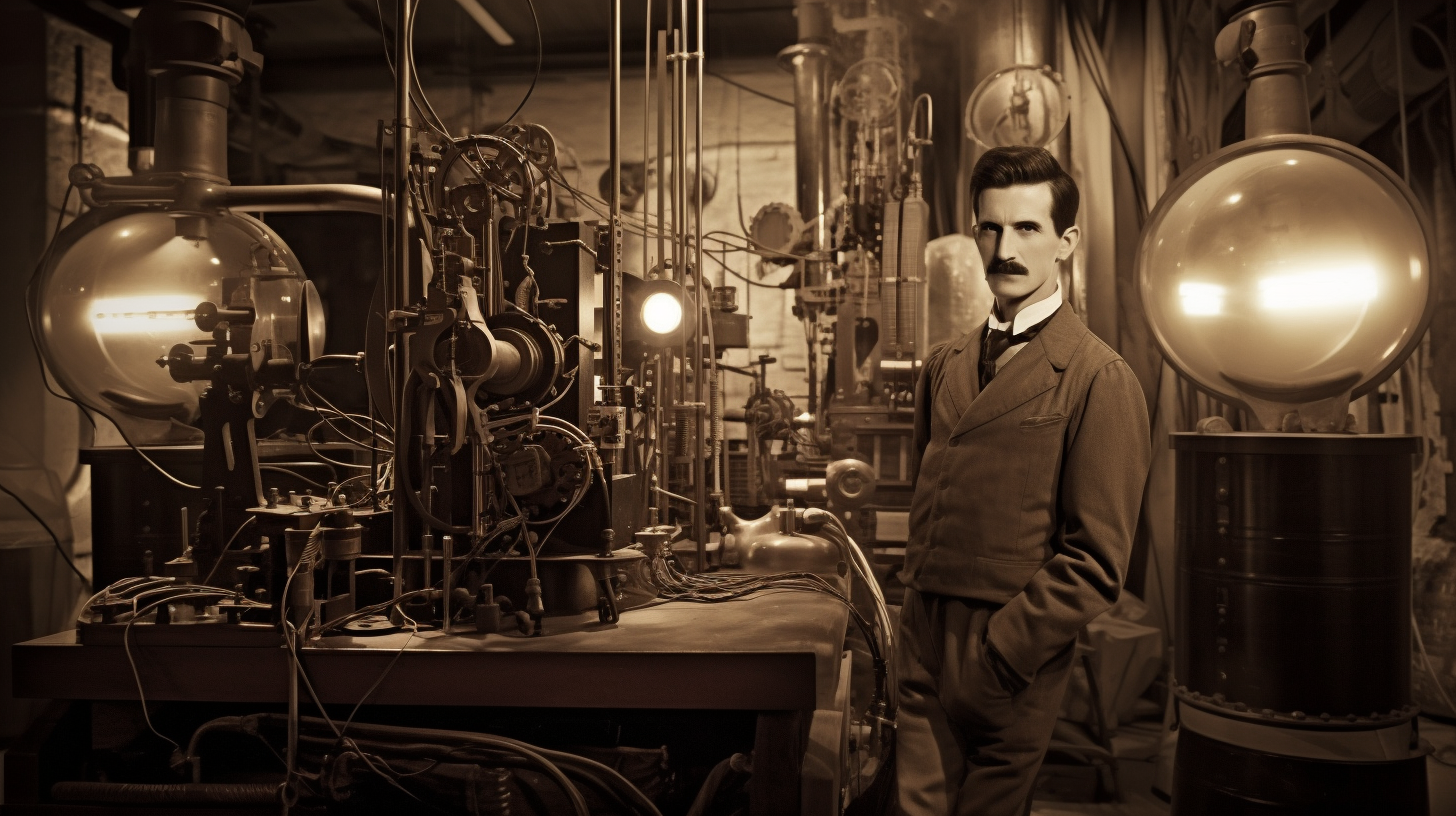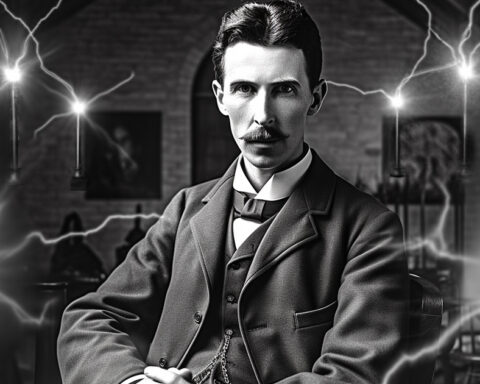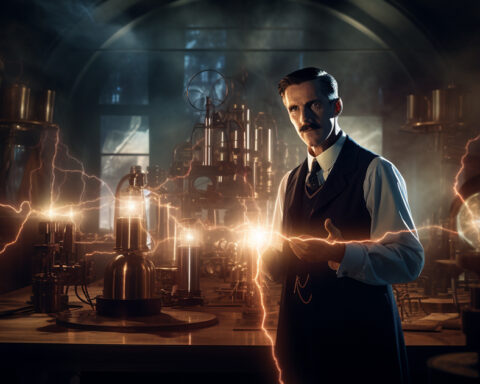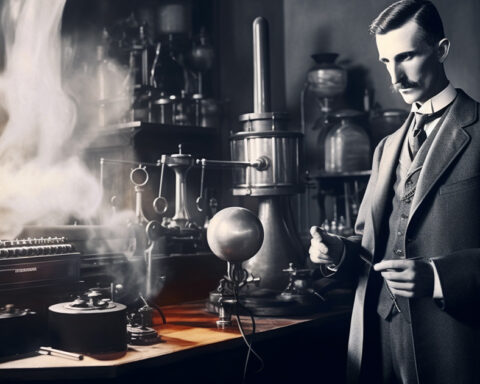Introduction
Nikola Tesla, a brilliant inventor, and visionary, is best known for his contributions to the development of alternating current (AC) electricity and numerous other groundbreaking inventions. However, his influence extends far beyond just the realm of electrical engineering. Some experts believe that Tesla’s work laid the groundwork for the eventual rise of Artificial Intelligence (AI) and the modern technological era. In this article, we explore the connections between Tesla’s pioneering ideas and the transformative role he played in shaping the AI landscape.
The Genius of Nikola Tesla
Born in 1856 in what is now modern-day Croatia, Tesla’s brilliance was evident from a young age. His insatiable curiosity and knack for innovation led him to develop many inventions that were far ahead of his time. Tesla’s most notable achievement was his work on AC electricity, which revolutionized the way power could be harnessed and transmitted efficiently over long distances.
However, Tesla’s genius extended beyond electricity. Throughout his career, he explored various areas of science and technology, including wireless communication, robotics, and even the possibility of wireless energy transmission. His ideas often bordered on the realm of science fiction, but many of them laid the foundation for future technological advancements, including AI.

The Tesla Connection to AI
Although Tesla himself did not directly invent AI, his ideas and inventions played a pivotal role in shaping the path to its development. Several key aspects of Tesla’s work are closely related to the core principles that underpin AI technology today.
- Visionary Thinking: Tesla’s ability to envision future possibilities and think beyond the confines of his time is a trait shared by AI researchers and developers. Just as Tesla foresaw wireless communication and energy transmission, AI pioneers envisioned a world where machines could simulate human-like intelligence.
- Electrical Engineering and Signal Processing: Tesla’s expertise in electrical engineering and signal processing was critical in laying the groundwork for the computing systems used in AI. The principles he explored are now fundamental in designing and optimizing neural networks, the backbone of modern AI.
- Automation and Robotics: Tesla’s fascination with automation and robotics laid the foundation for the concept of autonomous machines. His ideas were precursors to the development of robots and self-driving vehicles, which are now integral to the AI ecosystem.
- Wireless Communication: Tesla’s experiments with wireless communication technologies paved the way for modern data transmission methods, enabling seamless connectivity and data exchange, essential in the age of AI.
- Creative and Unconventional Thinking: Tesla was renowned for his unconventional approaches to problem-solving, emphasizing the importance of creative thinking. This mindset has inspired AI researchers to explore innovative solutions in the pursuit of creating intelligent machines.
The Impact on Modern AI
Tesla’s legacy continues to resonate in the modern world of AI and technology. The principles he explored have been built upon and adapted to create the advanced AI systems we see today. Some areas where Tesla’s work profoundly influenced AI are:
- Deep Learning: Deep learning, a subfield of AI that focuses on training artificial neural networks, draws inspiration from Tesla’s understanding of neural networks in the human brain. The architecture of deep learning models mimics the interconnectedness of neurons, just as Tesla sought to replicate in his own electrical circuits.
- Wireless Connectivity and IoT: Tesla’s vision of a connected world, free from wires, laid the foundation for the Internet of Things (IoT). AI-enabled devices and sensors are now seamlessly integrated, making IoT a reality.
- Smart Cities: Tesla’s work on wireless energy transmission and efficient power grids are crucial in the development of smart cities, where AI is leveraged to optimize resources and improve urban living.
Conclusion
While Nikola Tesla may not have directly invented AI, his visionary thinking and groundbreaking inventions played a substantial role in shaping the technological landscape that gave rise to AI. His work in electrical engineering, wireless communication, automation, and robotics set the stage for the development of the advanced AI systems we see today. Tesla’s legacy as a forward-thinking innovator continues to inspire generations of scientists, engineers, and AI researchers to push the boundaries of what’s possible and explore new frontiers in artificial intelligence.






